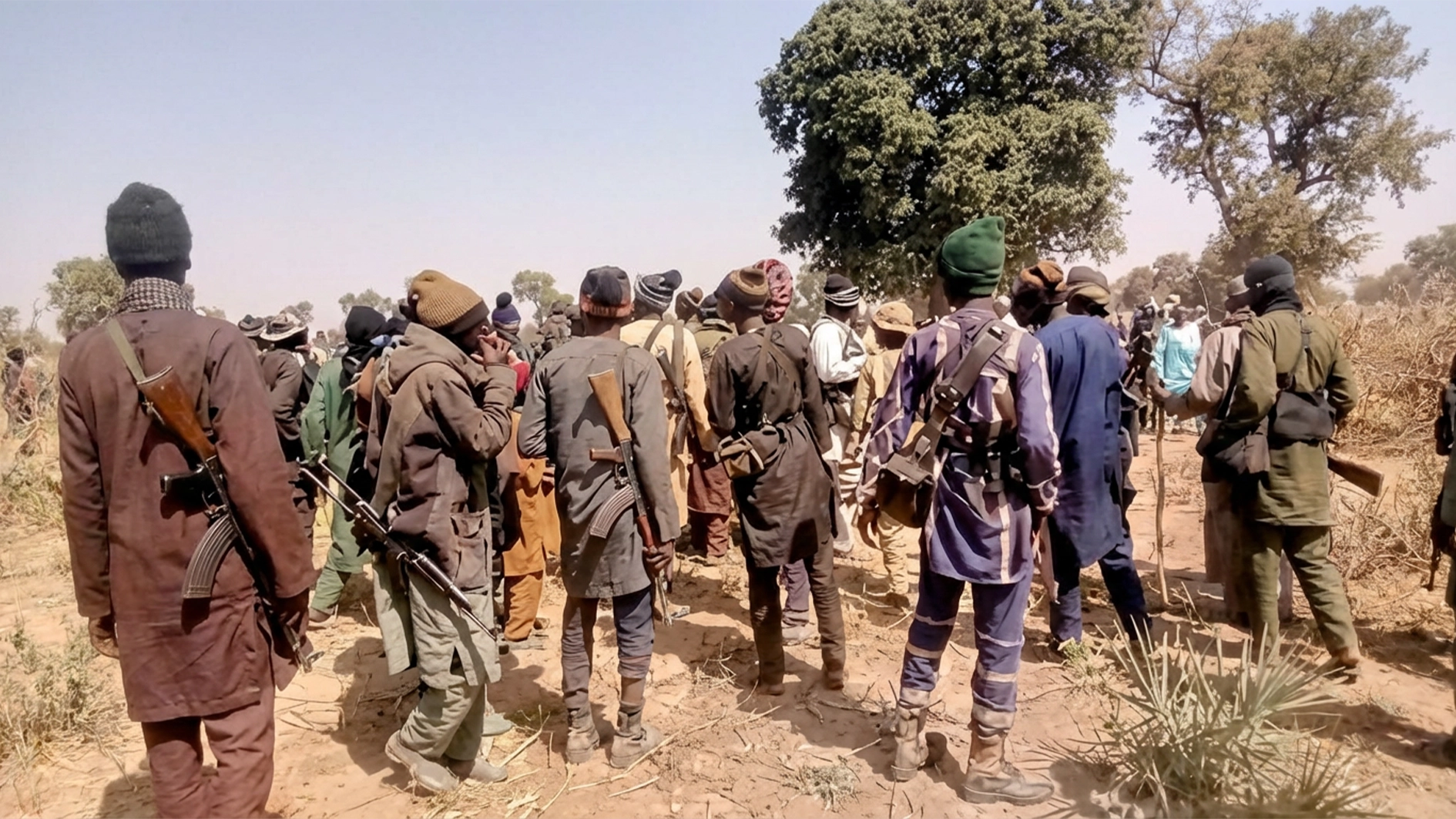The Food Security Situation Analysis Report, also known as Cadre Harmonisé, has projected that 34.7 million people across 27 states and the FCT will be food insecure or worse between June and August 2026.
The report also projected that 650,730 Internally Displaced Persons (IDPs) in Borno, Sokoto, and Zamfara States will be in a food crisis phase during the same period.
It revealed that 27.2 million people across 27 states are currently food insecure. The figure includes 485,109 IDPs from Borno, Sokoto, and Zamfara States.
The report was conducted by the Nigeria Food Security Sector, led by the Federal Ministry of Agriculture and Food Security, with support from the United Nations Food and Agriculture Organisation (FAO), World Food Programme (WFP), National Bureau of Statistics (NBS), Save the Children, Catholic Relief Services, Action Against Hunger, and other development partners.
The Food Security Situation Analysis, presented to stakeholders on Friday in Abuja, further projected that 1.4 million people will be food insecure in Adamawa between June and August, 2.9 million in Borno, and 1.6 million in Yobe.
The nutrition security analysis across the country revealed critical levels of acute malnutrition in many areas in the Northeast, particularly in Borno State (Central Borno, Maiduguri, Jere, and Mobbar) and Yobe State. It also mentioned that acute malnutrition has reached critical levels in Jibia and Mashi LGAs in Katsina State.
In terms of mortality, the report revealed that areas in the Northeast and Northwest are experiencing low levels of mortality. However, some areas are experiencing crisis-level mortality, especially in Central Borno, Northern Borno, Southern Borno, Southern Adamawa, Central Yobe, Northern Yobe, Eastern Sokoto, Northern Katsina, Western Zamfara, Southern Kebbi, Southern Jigawa, and Northern Jigawa. Emergency-level mortality (Phase 4) was found in Eastern Borno and Northern Adamawa.
The key drivers of the current food insecurity situation, according to the report, include insurgency, kidnapping, banditry, government food imports that have weakened the rural economies and livelihoods of farming populations, and climate shocks such as floods and long dry spells changing the dynamics of cropping systems and agricultural land use.
Other causes include high levels of displacement from insecurity, increasing the number of vulnerable populations.
The Country Representative of the FAO, Hussein Gadain, said unprecedented challenges such as multiple shocks, including armed conflicts, organised crime, economic pressures, and climate extremes, have continued to undermine livelihoods and food systems across the country.
He said that although food prices have declined, the cost of essential agricultural inputs—especially fertilisers, seeds, and energy—remains high, threatening future production.
He called on the government to come up with policies to support farmers.
While commending Ekiti State for joining the Cadre Harmonisé analysis, he called on the remaining states to come on board to ensure a comprehensive analysis of the entire country.
The Permanent Secretary, Dr Marcus Ogunbiyi, in his remarks, reaffirmed the government’s commitment to ensuring that every Nigerian has access to safe and nutritious food.
Mentioning that the findings are a wake-up call for coordinated and sustained action, he said, “The data tells us where hunger is deepening, where nutrition outcomes are deteriorating, and where interventions are most urgently needed.”
He added that the findings will guide the implementation of key government programmes, including the National Agricultural Growth Scheme and Agro-Pocket (NAGS-AP) and the National Food Security and Nutrition Emergency Plan, aimed at supporting vulnerable households and farmers.






